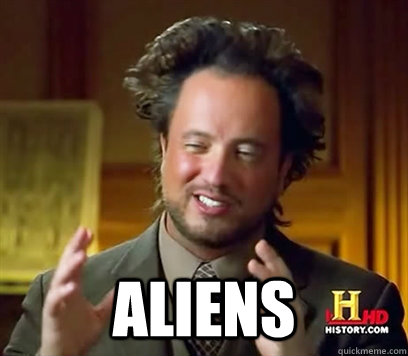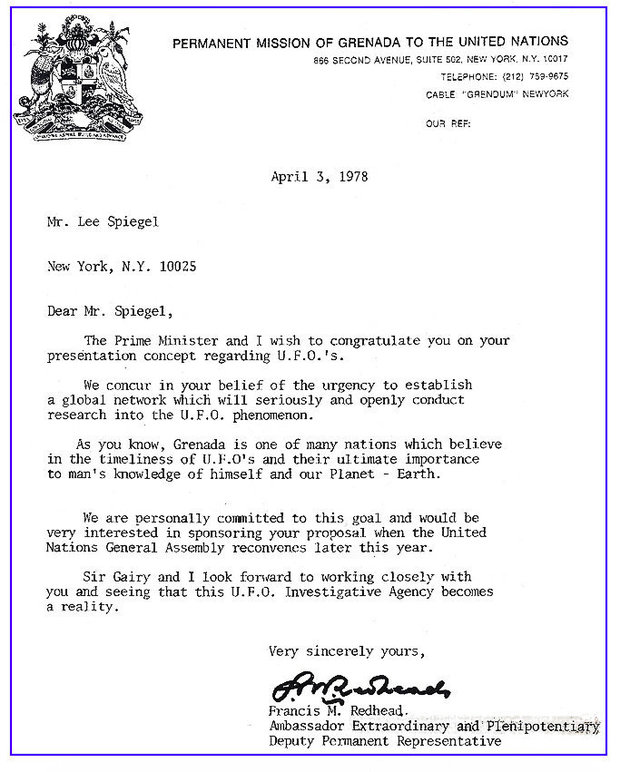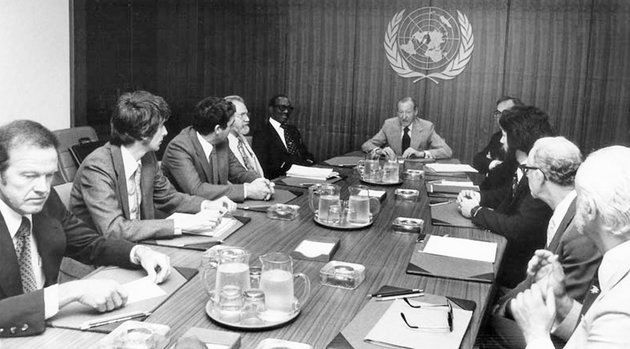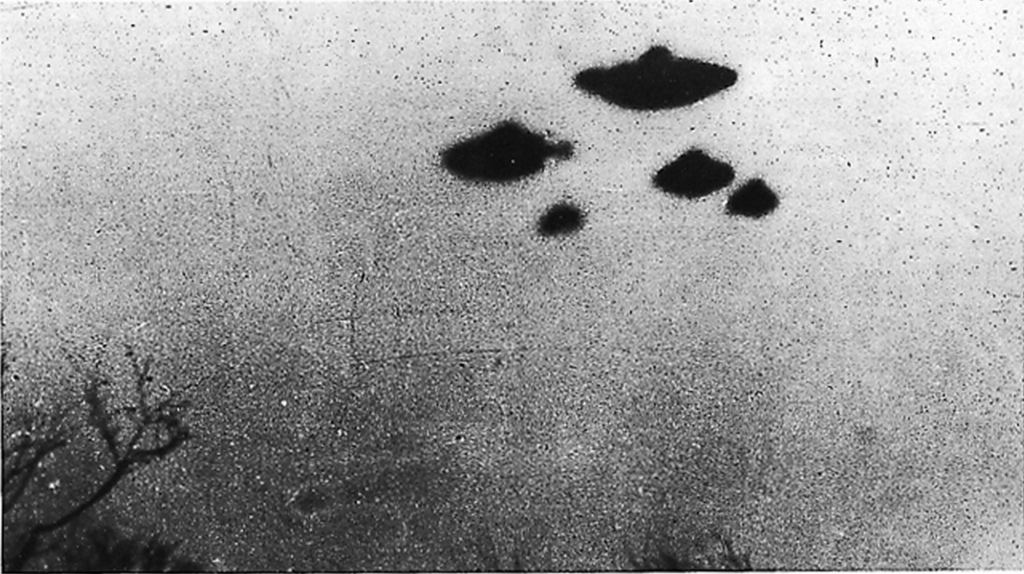The Untold Story Of How The United Nations Was Totally Afraid Of UFOs
by DavidCline@omgfacts.com, 9 years ago |
4 min read
They wanted to believe.
The human race has a long and not-so-proud history of being utterly terrified of things that don’t exist.
At the height of the 14th-century age of exploration, superstitious sailors considered sea monsters to be a legitimate sea-faring hazard. In the 1600s, high on religious fervor and scared to death by the Black Plague, Europeans hunted witches, vampires and werwolves. And not all that long ago—in the second half of the 20th century, in fact—world governments found themselves preoccupied with understanding a new threat: Aliens visiting our planet.


“The General Assembly invites interested member states to take appropriate steps to coordinate on a national level scientific research and investigation into extraterrestrial life, including unidentified flying objects, and to inform the secretary-general of the observations, research and evaluation of such activities.”

✕
Do not show me this again
